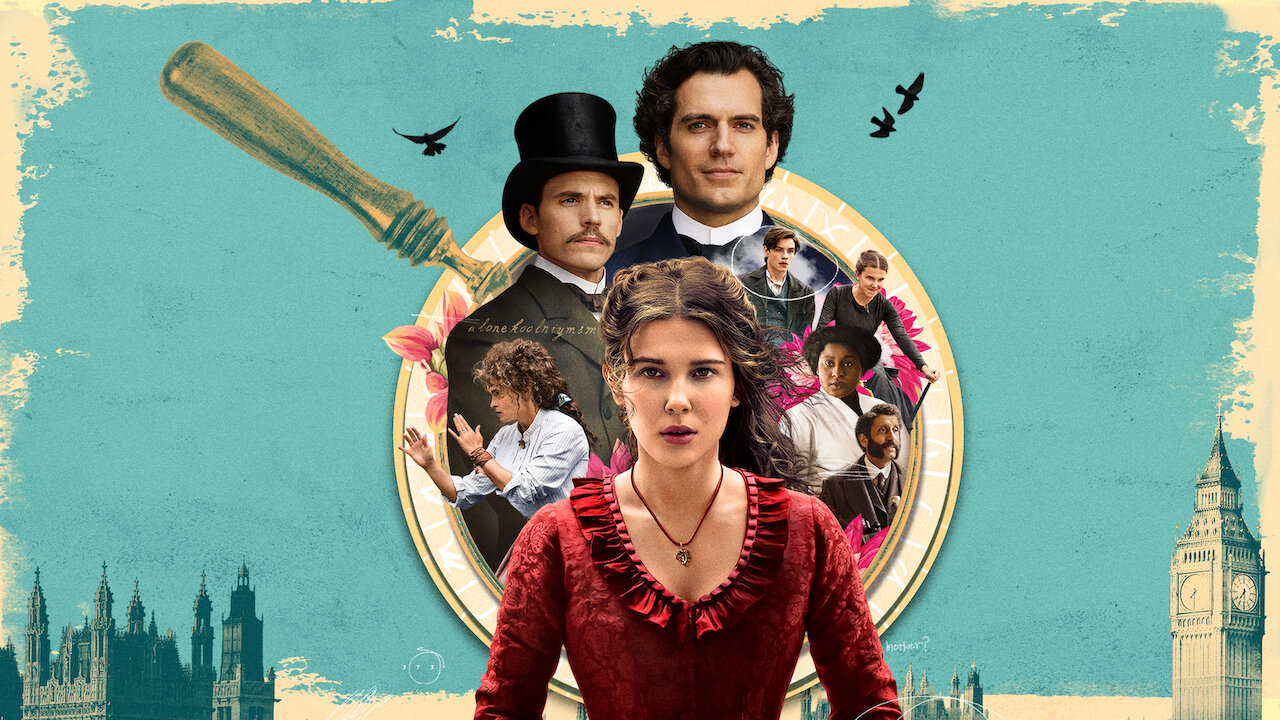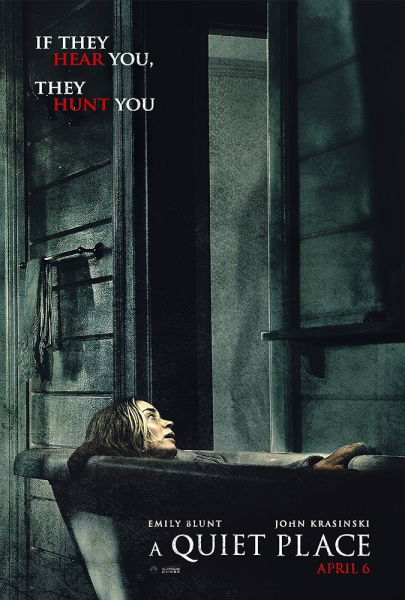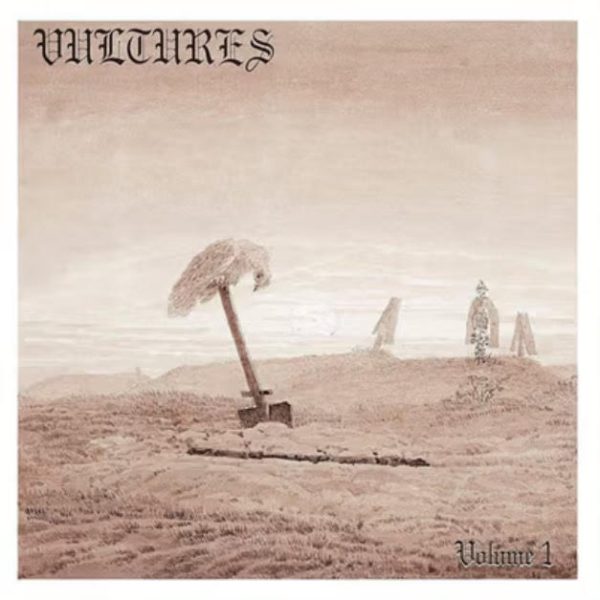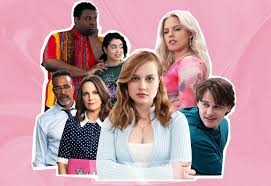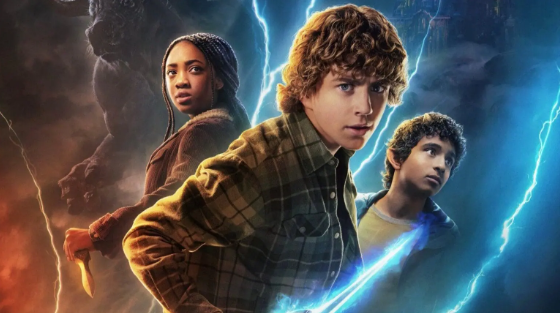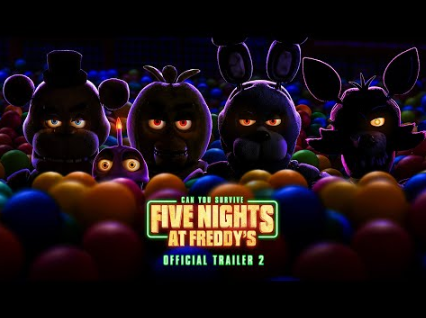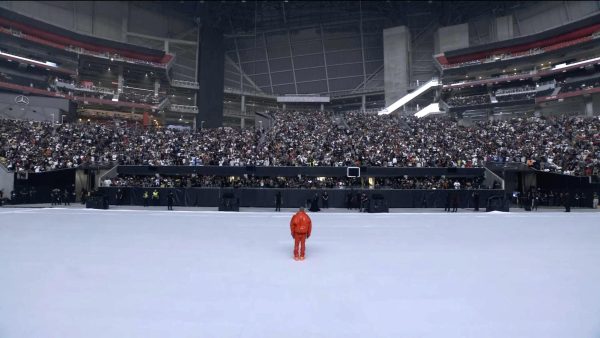Netflix’s Enola Holmes is Predictable, Yet Enjoyable
October 20, 2020
Enola Holmes, directed by Henry Bradbeer, makes for a fairly decent family movie. Based on the book The Case of the Missing Marquess: An Enola Holmes Mystery, by Nancy Springer, the movie follows Enola, played by Millie Bobby Brown (Stranger Things, Godzilla: King of the Monsters) and her brothers, Sherlock and Mycroft, played by Henry Cavill (The Witcher, Justice League) and Sam Claflin (The Hunger Games series) respectively, after the disappearance of their mother, Eudoria (Helena Bonham Carter).
Mycroft wishes to send Enola to a boarding school, resulting in her running away from her brothers, where she meets Viscount Tewkesbury, Marquess of Basilwether, who is also running away from home. Together, the pair unravel a plot surrounding Tewkesbury’s family as Enola searches for clues that will lead to her mother, with Sherlock and Mycroft hot on her trail.
A major theme throughout the movie is the theme of self-determination, exemplified through Enola’s discovery of some of Eudoria’s plans for political change. Eudoria claims “our future is up to us”, telling Enola this directly placing direct emphasis on this theme. Another theme is loneliness, as Enola feels alone after the disappearance of her mother, as well as later on throughout as she explores London, searching for clues. This theme is also emphasized by the explanation that her name spelled backwards is “alone”. As she continues her journey, she realizes her loneliness, eventually finding Tewkesbury again, as well as later bonding some with Sherlock, reducing this sense of loneliness.
The plot is interesting enough to make for a fun watch, but it is nothing groundbreaking, seeing as it is based off of a book series intended for young teens. Although many of the story beats are fairly predictable and the mystery is not the most perplexing, the plot does have an underlying message of female empowerment, exemplified through Enola’s desire to be different from the other women of her time, as well as the hidden plans of Eudoria. This is echoed in the subplot following the vote within the House of Lords, which generally relates to citizens rights.
The characters are not the most compelling, as many of them feel fairly flat, although it does not retract very much from the enjoyment of the other aspects of the movie. Mycroft especially feels very flat, as his only motivations are to make Enola into the typical proper lady of the age. Interestingly enough, the character that feels the most fleshed out is Eudoria, despite her absence from most of the film. Perhaps this comes from the choice to not reveal many of her motives, which makes her an interesting character. I do think that many of the characters should have been written to have more personality to make them feel more real.
Enola is another decently fleshed out character, as it feels as if she has an actual personality, something achieved in part by her fourth wall breaks. Sherlock is portrayed interestingly, though. On one hand, Sherlock does not quite feel like the typical Sherlock Holmes, which does not necessarily make this the best movie for fans of Sherlock, but on the other hand, he does fit very well within the world the movie builds.
Enola Holmes has an incredible soundtrack. Done by Danil Pemberton, the music does nothing but enhance the scenes. It builds tension at all the right points, on top of being genuinely enjoyable to listen to. The music is a very, very high point in the overall scheme of the aspects of the film, with its amazing composing and fantastical feel. One YouTube commenter even described the music as Disney-like and another described it as wonderful.
The editing and cinematography are fairly standard overall, in no means bad whatsoever. There are a few incredibly interesting shots throughout the film that I enjoyed a lot- for example the fight scene between Enola and Linthorn. This scene is so well done, flashing back and forth between the fight taking place in the streets and training between Enola and her mother, with the fights mirroring each other. I always enjoy seeing scenes like this, and this one was no exception.
Other outstanding shots include one where Enola and Tewkesbury run from Linthorn on a train, with the camera looking in the windows from outside the train car, and a scene towards the end of the movie where the pair are pursued by Linthorn again, this time with a gun. The camerawork in these scenes is exemplary, creating interesting visuals with meaning behind them.
Overall, this movie is an enjoyable watch despite its shortcomings. Its strengths in music and camerawork alone make up for its somewhat predictable plot and underdeveloped characters. Enola Holmes is not a perfect movie by any means, but it is in no way bad at all. I personally enjoyed it a lot and would recommend it to those looking for a movie that is both easy and light to watch, while still letting you create some theories about the events, despite how predictable they are. Enola Holmes gets a solid 3.5 stars from me, as well as a positive recommendation.